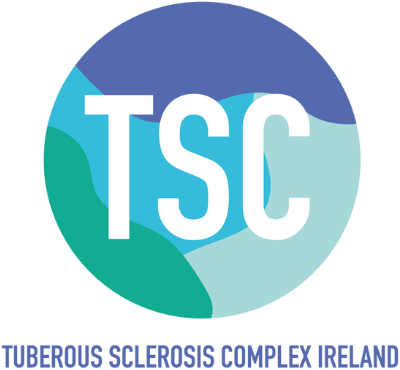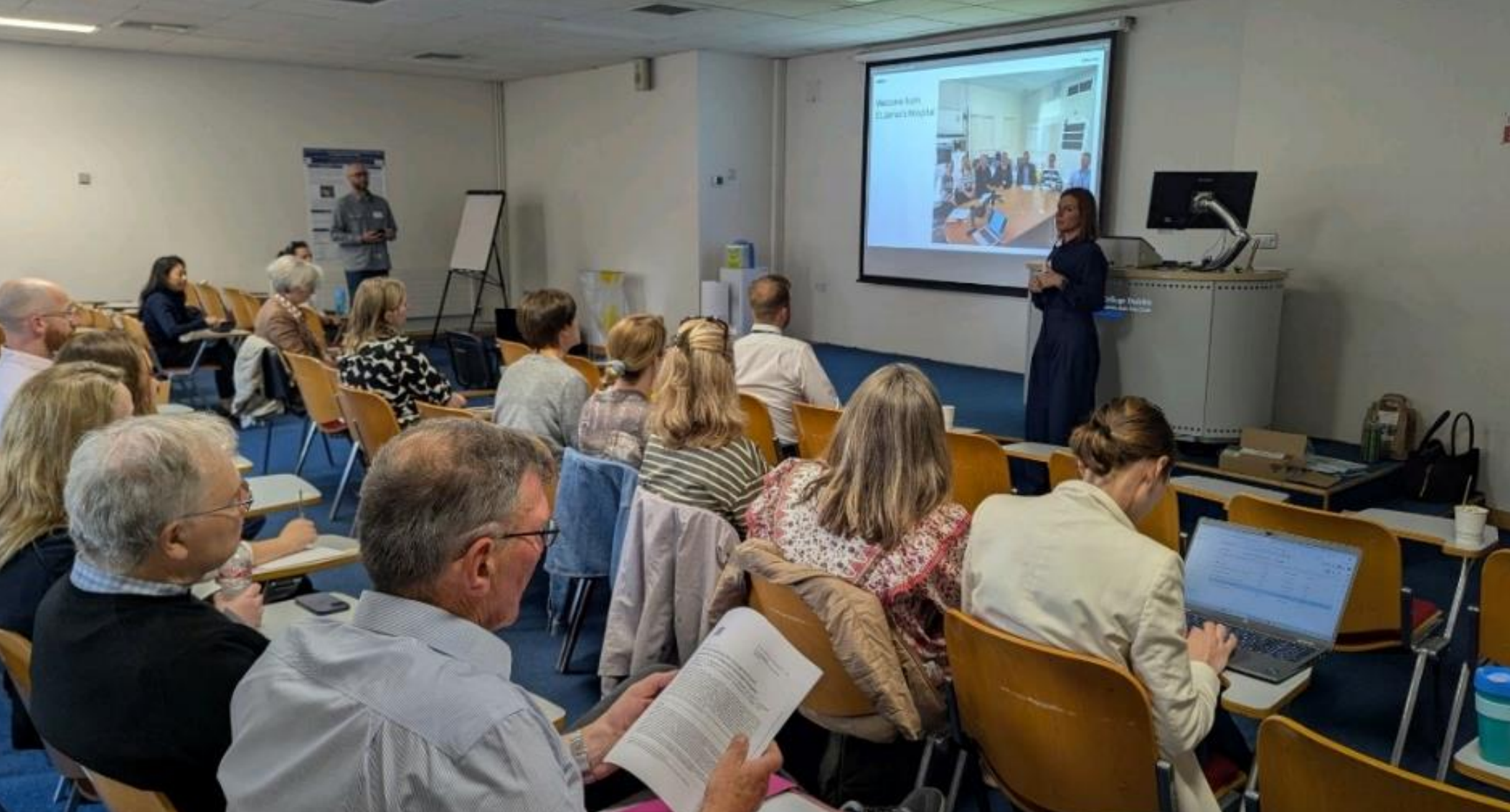Multi-stakeholder Tuberous Sclerosis Complex (TSC) Vision Lab workshop in St James’ Hospital
As part of Jazz pharmaceutical’s generous hands-off financial donation to St James’ Hospital Foundation, to improve TSC care in Ireland, a multi stakeholder workshop was held in St. James’ Hospital Dublin on the morning of June 6th, 2025.
The Vision Lab workshop was facilitated by Hellon (https://hellon.com/) with whom the SJH TSC team had worked for several weeks in preparation for this important event.
The workshop was an important step in transforming Tuberous Sclerosis Complex (TSC) care in Ireland from a fragmented approach to a seamlessly integrated, patient-centred, and sustainable national service It brought together a multi stakeholder group of 25 individuals including the medical team from SJH TSC clinic, SJH management, TSC specialists from the UK and Norther Ireland, as well as individuals with TSC and families of individuals with TSC.
The workshop's primary objectives were:
To gain a shared understanding of the current state of TSC care in Ireland and the collective ambition for the service.
To expand on current thinking and collaboratively create an action plan for moving from a fragmented to an integrated TSC care pathway.
To acknowledge and build upon the foundational work already happening at St. James's Hospital.
To collaboratively explore and define the necessary actions to achieve the desired state of the care pathway, using input and perspective of key stakeholders.
Key discussions and insights from the day
The workshop created space for rich discussions where several key insights, highlight the complexities and opportunities within TSC care in Ireland:
TSC belongs in an ecosystem of rare diseases and cannot be investigated in isolation.
Current TSC pathways are predominantly in adult care, but paediatric models offer valuable insights.
TSC care needs to shift from individualistic care to systems-driven as the current individual-centric care model is isolating for patients, families, and healthcare professionals.
Potential for cross-border MDT collaboration with the existing MDT in Northern Ireland (Belfast) was discussed.
There is a need to direct educational interventions towards families and the wider community, more than practitioners.
Key objectives identified from the meeting:
Establish a fully functional, structured multidisciplinary team (MDT).
Develop and launch a comprehensive national TSC patient registry.
Implement a national awareness program to increase understanding of TSC.
Foster global collaboration and engage in research.
Secure long-term sustainability for the enhanced TSC services.
St. James's Hospital has made significant progress in Tuberous Sclerosis Complex (TSC) service development between 2016 and 2025, moving from a fragmented approach to a semi-coordinated care model.
Before 2016, patients attended "traditional" epilepsy or general neurology clinics. There was no dedicated multidisciplinary team (MDT) or specialized healthcare professional (HCP) for TSC, Outpatient access to MRI with sedation was unavailable.
2017-2024: An Advanced Nurse Practitioner, ANP with specialist interest in TSC began to provide care for TSC patients in the epilepsy clinic. Links with TSC Ireland were increased and research occurred. There was also some access to MRI with sedation.
Current State: St. James's Hospital currently manages 32 active TSC patients. Four clinics are held per year specifically for new referrals as well as a monthly ANP-led surveillance clinic. Semi-coordinated MDT care is in place with 3 MDTs per year. Improved and expanded relationships, research and process contribute to the care for these patients.
Several challenges remain, There is no national or local database. Speciality clinics are on different days. There is a narrow representation of specialities at the local MDT. Dedicated TSC clinics are at capacity. The MRI with sedation and epilepsy surgery pathways are cumbersome with lengthy waiting lists. There is no psychology referral pathway following TAND assessment. There is no funding to expand to a national service.
Actionable next steps
MDT Structure and coordination
Identify and assign an MDT coordinator. Create an organogram to clearly define roles and responsibilities.
Explore how to increase headcount within the volunteer group to support the MDT's efforts, recognising the need for leveraged resources.
Pilot a Clinical MDT where clinicians gather to discuss up to 5 complex cases from the wider community to demonstrate the benefits of such practice.
Research and guidelines
Define a research plan to conduct an audit of the current clinical state of TSC care, complementing existing studies that focus on lived experience.
Explore the benefits of endorsing national TSC guidelines.
Data management and registry
Explore options for patient data collection, specifically aiming to mirror existing patient opt-in systems to ensure privacy and consent.
Awareness and training
Advocate for including TSC in the national rare disease registry. Work to get TSC added to HSE Land's training courses to increase awareness and knowledge among healthcare professionals.
Leverage the upcoming TSC conference (October 31st for specialists and experts, November 1st for patients and carers) as a key marketing and awareness-building opportunity.
Conclusion
The Vision Lab workshop marked an important moment in advancing TSC care in Ireland. It was a wonderful morning where this multistakeholder group were actively engaged, providing invaluable insights to shape a more integrated and patient-centred care pathway for patients and families affected by TSC. The momentum generated by this collaborative effort is significant, providing a clear set of next steps and a renewed sense of purpose.
We were all confident that through continued collaboration, shared ownership of the identified next steps, and strategic oversight, we can transition from a fragmented approach to a truly integrated care pathway for individuals and families affected by TSC.




